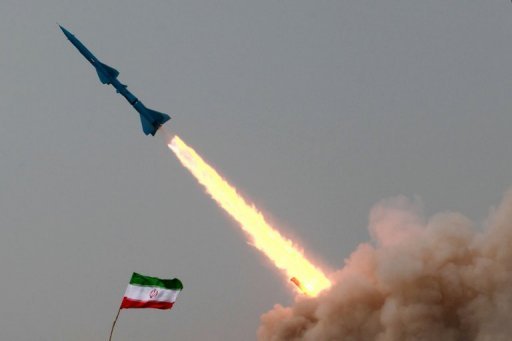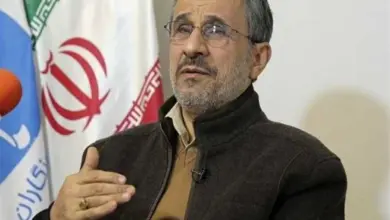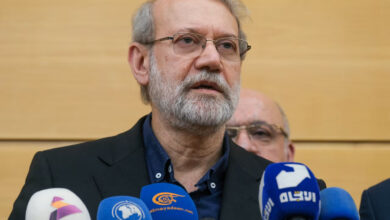
LONDON (Reuters) – Iran on Tuesday dismissed calls from the United States and Europe for curbs on its ballistic missiles, but said it had no plans to increase their range.
US President Donald Trump pulled out of a nuclear deal with Iran in May and reimposed sanctions, saying the accord did not address the Islamic republic’s ballistic missiles and what he saw as its malign influence on the region.
France, which is still committed to the nuclear deal, said last week it was ready to impose further sanctions on Iran if no progress was made in talks over the weapons program.
“The enemies say Iran’s missile power should be eliminated, but we have repeatedly said our missile capabilities are not negotiable,” Iranian Defense Minister Amir Hatami was quoted as saying by Tasnim news agency.
The secretary of Iran’s National Security Council also said Iran would keep working to improve the missiles’ accuracy.
“Iran has no scientific or operational restriction for increasing the range of its military missiles, but based on its defensive doctrine, it is continuously working on increasing the precision of the missiles, and has no intention to increase their range,” Ali Shamkhani, a close aide to Iran’s Supreme Leader Ayatollah Ali Khamenei, was quoted as saying by state broadcaster IRIB.
A UN Security Council resolution that accompanied the 2015 nuclear deal called upon Tehran to refrain for up to eight years from work on ballistic missiles designed to deliver nuclear weapons.
But Iran said that call did not amount to a binding order and has denied that its missiles are capable of carrying nuclear warheads.
Washington has also told Tehran to stop developing its satellite-launching technology, saying it was concerned that the same techniques could also be used to launch warheads.
Shamkhani said Iran would keep working on the technology “to improve the quality of people’s lives and increase the country’s technological prowess.”
An Iranian bid to send a satellite into orbit failed this month as its launching rocket did not reach adequate speed in its third stage.




